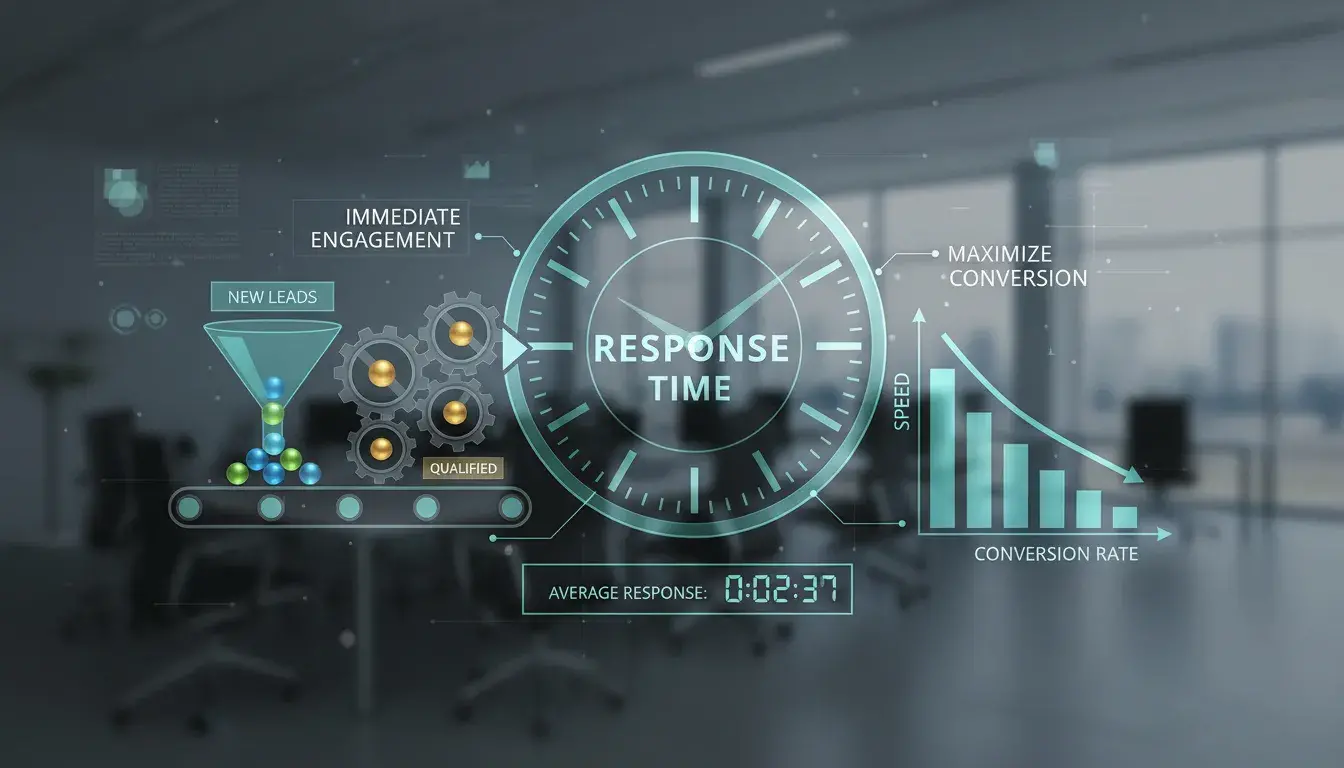What’s the Difference Between an Executive Assistant and a Personal Assistant?
For first class professional & administrative support for your business

The roles of executive assistants and personal assistants often get confused, with many people unaware of the differences between these two key positions.
This short article aims to detail both the personal assistant and the executive assistant’s roles, thereby highlighting the differences between the two.
The Role of the Personal Assistant
A personal assistant can work for anyone that requires their skills. Typical individuals who often need a personal assistant are successful actors, sportspeople, entrepreneurs, and other high net-worth people.
The main reason why these people need a personal assistant is that they are so successful in what they do; all their time is taken up doing it. It means they do not have time to fully organize their personal lives and need someone to assist them.
A personal assistant (PA) will be embedded in their employer’s personal life, arranging their travel, meetings, social activities, and even errands such as shopping. The PA has to be ready to deal with no-notice changes to their employer’s plans and anticipate what the employer wants.
PAs will also provide administrative support to their employers, such as renewing personal and household documentation. PAs are also expected to attend meetings with their employers and take notes or minutes as required.
Skills required by the PA include excellent written and verbal communication, attention to detail, and organizational skills.
The Role of the Executive Assistant
Whereas the PA generally works for an individual, the executive assistant (EA) works for senior management within a business or corporation. A successful EA will have a firm understanding of what their senior manager’s job entails and what the business’ goals are.
Like the PA, the EA is responsible for organizing their boss’ appointments and meetings. Unlike the PA, they tend to have an active role in such meetings, prepare presentations, analyse data, follow up on actions from the meeting, etc. EAs will often be responsible for delivering projects, and they may even have their staff in larger organizations.
EAs tend to have a higher level of responsibility than PAs, and their role is based around the organization rather than the individual. For instance, if a CEO were to leave the organization, the EA would still be employed by that organization. Of course, there needs to be an excellent working relationship between the EA and the executive officer, so the EA may also be ‘poached’ if the CEO were to move companies.
In conclusion…
The roles of the personal assistant and executive assistant are often confused. Although there is overlap in what they both do, and similar skillsets are required for each, there are key differences.
Hopefully, this article will have established these differences, and you now appreciate the different nature of these two essential roles.
Our most recent posts
Virtual PA Services offers a wealth of useful information related to its services. We have prepared several articles that might help you to make the right decision when it comes to hiring a Virtual PA.

How Virtual PA Support Can Transform HVAC & Air Conditioning Businesses in Greater Manchester
The HVAC and air conditioning sector in Greater Manchester is experiencing sustained growth. Commercial development across Manchester’s business districts, stricter…

The ‘Inquiry-to-Invoice’ Audit: Is Your Admin Leaking Profit?
You may spend thousands on marketing to get the phone to ring or the inbox to ping. However, if your…

Stop Chasing Invoices: How Your Virtual PA Can Solve the UK's Late Payment Crisis for Your Small Business
The UK’s late payment crisis is not just a business inconvenience; it is a fundamental threat to the operational health…